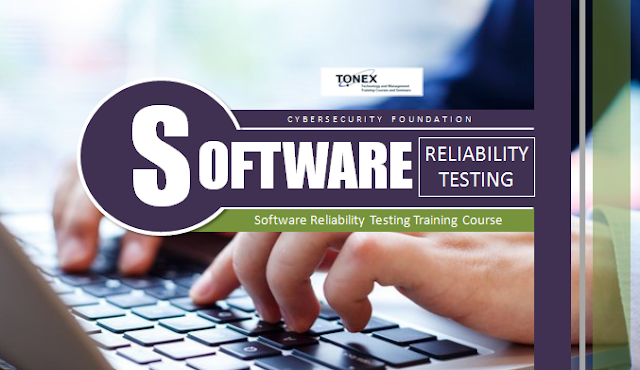
Learn about:
Fundamentals of software testing
Verification & validation methodology
Various software testing techniques
Test elements usage (rule/scenario/case)
Software test management
Different levels of software testing
General testing principles
Test planning
Static analysis techniques
Test design techniques
Using a risk-based approach to testing
Managing the testing process
Managing a test team
Combining tools and automation to support software testing
Risk analysis methods
Software reliability
Software testing terminology
Levels of software testing
Software Testing techniques
Black Box methods
Web testing and more.
Course Outline:
Overview
Factors Affecting Software Reliability
Software Reliability Models
Software Reliability Models
Software Reliability Prediction Models
Software Reliability Evaluation Models
Software Reliability Metrics
Software Fault Trees
Software FMEAs
System Reliability Software Redundancy
Improving Software Reliability
Managing Software Reliability
How Testing Can Cut Effort & Time
How to Plan Effective Testing?
Master Testing Plan
Detailed Test Planning
White Box (Structural) Testing
Integration/System/Special Test Planning
Test Design: Both Verb And Noun
Maintenance and Regression Testing
Automated Testing Tools
Measuring and Managing Testing
Audience:
Software reliability testing training is a 4-day course designed for:
Test Managers
Test Leads
Experienced testers
Software design engineers
Software developer
Software reliability engineers
Request more information. Visit Tonex page below
Software reliability testing training
Comments
Post a Comment